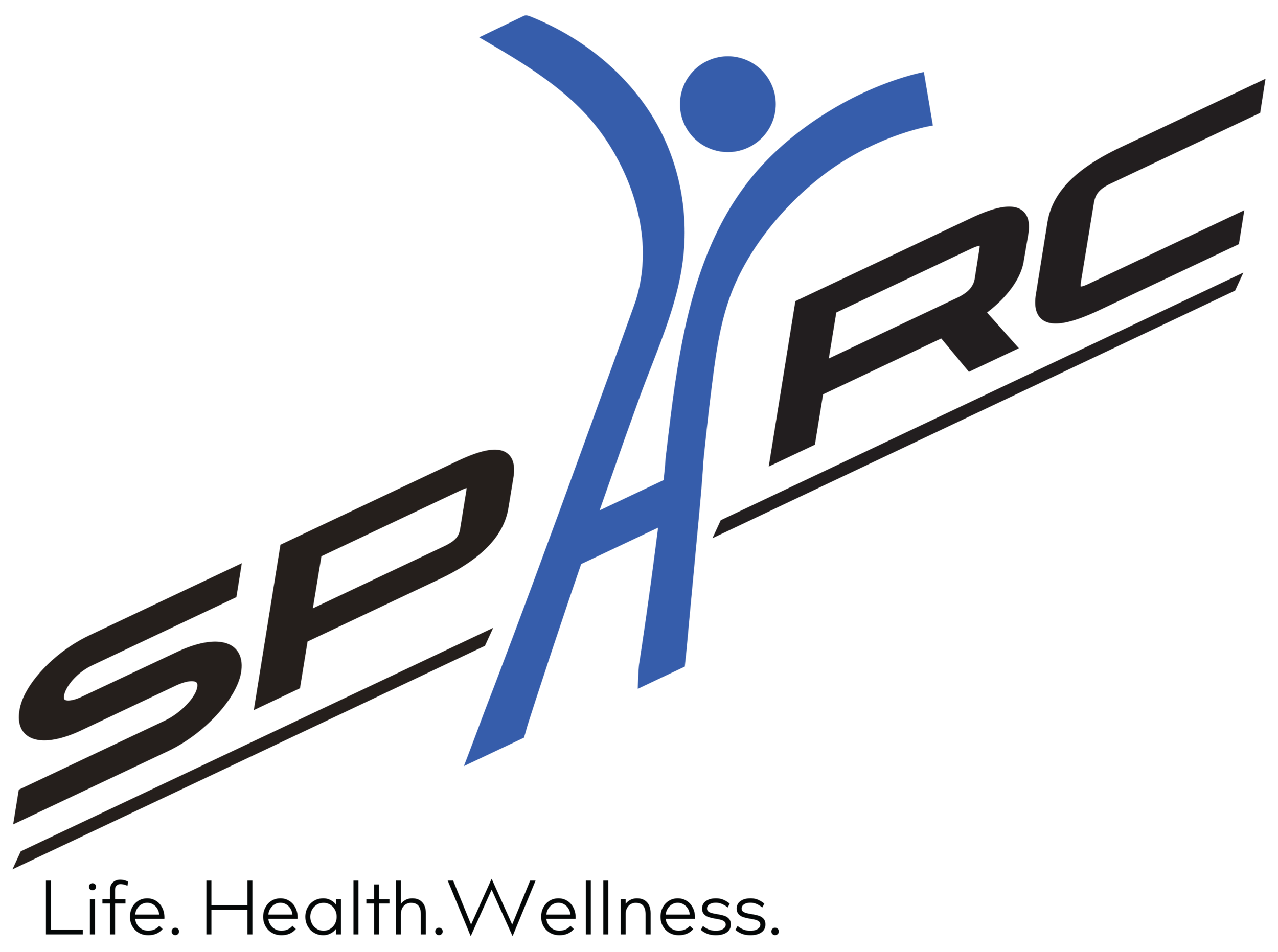Stress Vs. Chronic Pain Part I
When trying to reduce chronic pain, we cannot just examine the physical body. While acute injury does damage tissue, chronic pain develops in the nervous system, not in the injured tissue itself. For example, if I sprain my ankle, I may have damaged ligaments and muscles. This acute, or immediate injury needs time to heal. However, if two years go by and I still have pain in my ankle that does not mean that the tissue is still damaged. The healing process in the tissue has already occurred. So why is there still pain? For some reason, the nervous system is still producing pain.
While many factors can cause this, one key variable is stress. Stress heightens the activity of the nervous system and sometimes this makes the nervous system over-protective. Pain is a signal to protect. Imagine a wire connected to a light bulb. The wire is your nerves and the light bulb is your pain. Like a strong electrical impulse that floods the wire and turns on the bulb, stress can heighten the amount of electrical activity happening through our nerves and trigger pain to “turn on”. These protective signals can persist even though the actual injury has healed.
So what types of stress contribute to pain? There are three main areas of stress that can create and amplify pain.
1. Environment
Our environment plays a huge role in the pain we feel. Does your environment make you feel physically or emotionally safe or do you feel like you have to protect yourself in some way? How much stress does your environment create? Are you in a workplace that pushes a fast work pace for its employees? Do you have a tense relationship with your boss or coworkers? If you are an athlete, how much stress are you under to perform at a high level? Also, consider your home environment. Your relationship with your with spouse, siblings, children, roommates or others can either make a home feel peaceful or stressful. Although you may not necessarily be fearing for your life, these kinds of environmental stress will still make the nervous system feel threatened and protective. You may have never had chronic pain or an injury in your life. Suddenly, you got hurt and you feel like you just can’t get back to what you used to be. Is your environment facilitating peace, healing and recovery or is it fostering tension, stress and a heightened awareness from your nervous system? It may be time to reconsider what positive changes you can make to your environment. Surround yourself with others who are supportive and choose activities, when possible, that decrease stress.
Part II will consider the other two key areas of stress.
